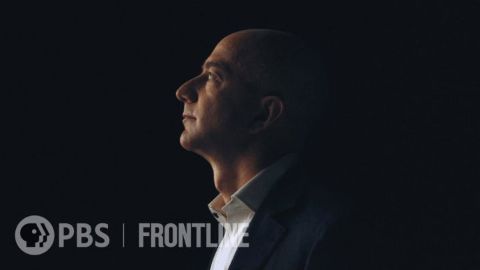The Rise and Fall of Nokia • 2018
Once upon a time there was a large Finnish company that manufactured the world's best and most innovative mobile phones. Nokia's annual budget was larger than that of the government of Finland and everyone who worked there shared in the windfall. But global domination cost the company its pioneering spirit and quantity gradually took over from quality, with new phone models being churned out by the dozen. Market share eroded, until in 2016, mobile phone production in Finland ceased. The Rise and Fall of Nokia is a wry morality tale for our times, told by those that lived and worked through the rollercoaster years in a company that dominated a nation.
Make a donation
Buy a brother a hot coffee? Or a cold beer?
Hope you're finding these documentaries fascinating and eye-opening. It's just me, working hard behind the scenes to bring you this enriching content.
Running and maintaining a website like this takes time and resources. That's why I'm reaching out to you. If you appreciate what I do and would like to support my efforts, would you consider "buying me a coffee"?
Donation addresses
BTC: bc1q8ldskxh4x9qnddhcrgcun8rtvddeldm2a07r2v
ETH: 0x5CCAAA1afc5c5D814129d99277dDb5A979672116
With your donation through , you can show your appreciation and help me keep this project going. Every contribution, no matter how small, makes a significant impact. It goes directly towards covering server costs.





